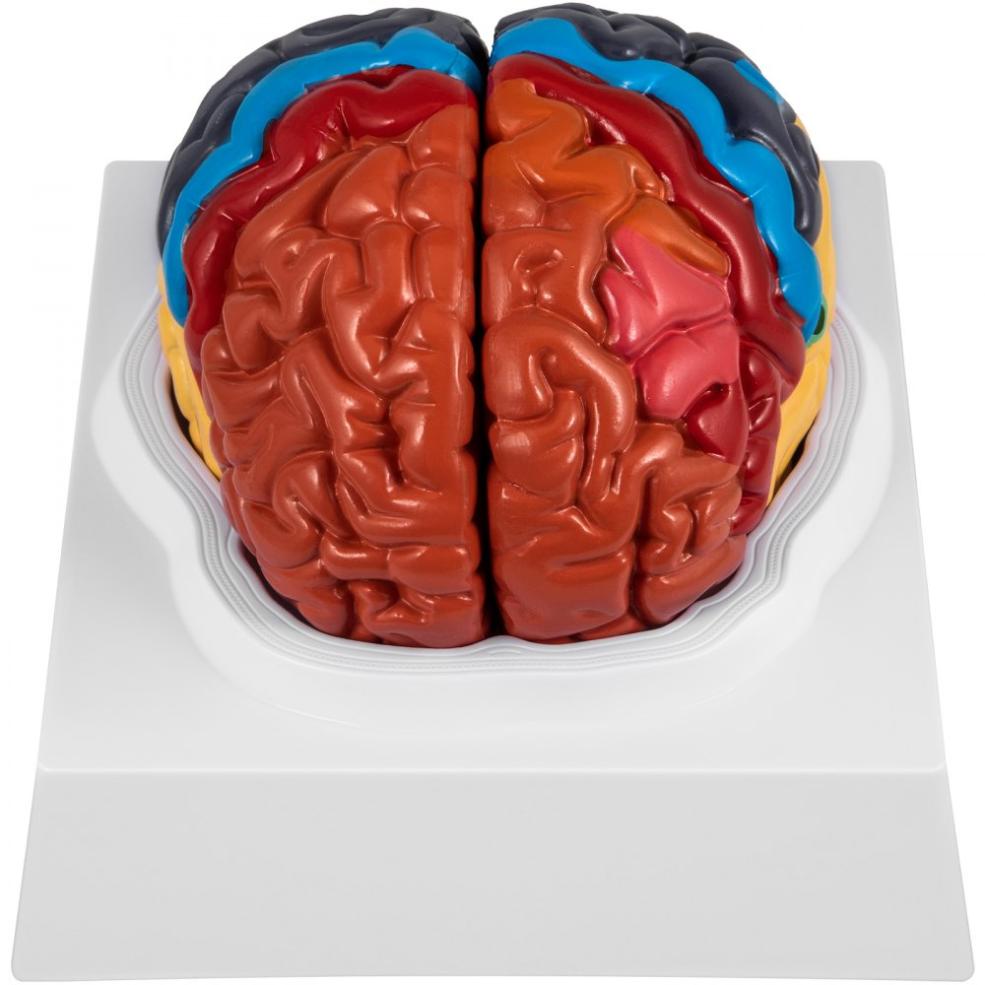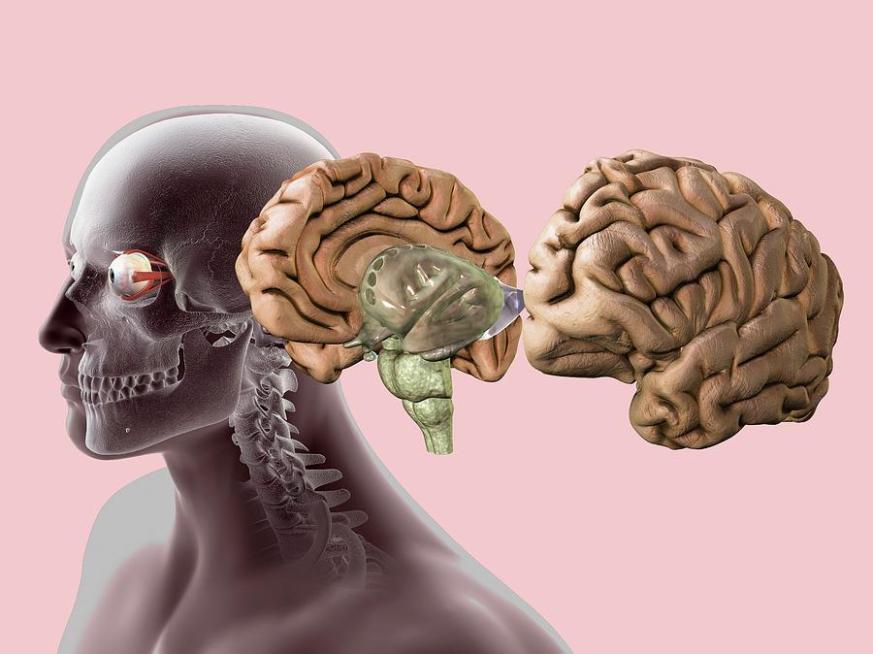How Does the Brain Change as We Age?
The brain is a complex organ that undergoes many changes throughout our lifespan. As we age, our brain undergoes both structural and functional changes. These changes can affect our cognitive abilities, memory, and overall health.

I. Structural Changes In The Brain With Age:
As we age, our brain undergoes a number of structural changes. These changes include:
- Brain Volume: The brain begins to lose volume as we age. This loss of volume is most pronounced in the frontal lobe, which is responsible for higher-order cognitive functions.
- Neuronal Loss: The number of neurons in the brain decreases with age. This loss of neurons can lead to a decline in cognitive function.
- Synaptic Density: The number of synapses, or connections between neurons, also decreases with age. This loss of synapses can lead to a decline in cognitive function.
- White Matter Changes: White matter, which is responsible for communication between different parts of the brain, undergoes changes with age. These changes can lead to a decline in cognitive function.
II. Functional Changes In The Brain With Age:
The structural changes in the brain that occur with age can lead to a number of functional changes. These changes include:
- Cognitive Abilities: Cognitive abilities, such as memory, attention, and problem-solving, can decline with age. This decline is thought to be due to the structural changes in the brain that occur with age.
- Memory: Memory is one of the cognitive abilities that is most affected by aging. Age-related memory decline is thought to be due to changes in the hippocampus, a brain region that is involved in memory formation.
- Attention: Attention is another cognitive ability that is affected by aging. Age-related attention decline is thought to be due to changes in the frontal lobe, a brain region that is involved in attention control.
- Problem-Solving: Problem-solving is a cognitive ability that is also affected by aging. Age-related problem-solving decline is thought to be due to changes in the prefrontal cortex, a brain region that is involved in executive function.
III. Factors That Influence Brain Aging:
There are a number of factors that can influence brain aging, including:
- Genetics: Genetics play a role in brain aging. Some people are more likely to experience brain aging than others due to their genetic makeup.
- Lifestyle: Lifestyle factors, such as diet, exercise, and stress, can also influence brain aging. A healthy lifestyle can help to slow down brain aging.
- Environment: Environmental factors, such as exposure to toxins and pollution, can also influence brain aging. A clean and healthy environment can help to slow down brain aging.
The brain undergoes many changes as we age. These changes can affect our cognitive abilities, memory, and overall health. There are a number of factors that influence brain aging, including genetics, lifestyle, and environment. By understanding the changes that occur in the brain with age, we can take steps to slow down brain aging and maintain our cognitive health as we get older.

YesNo

Leave a Reply